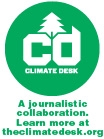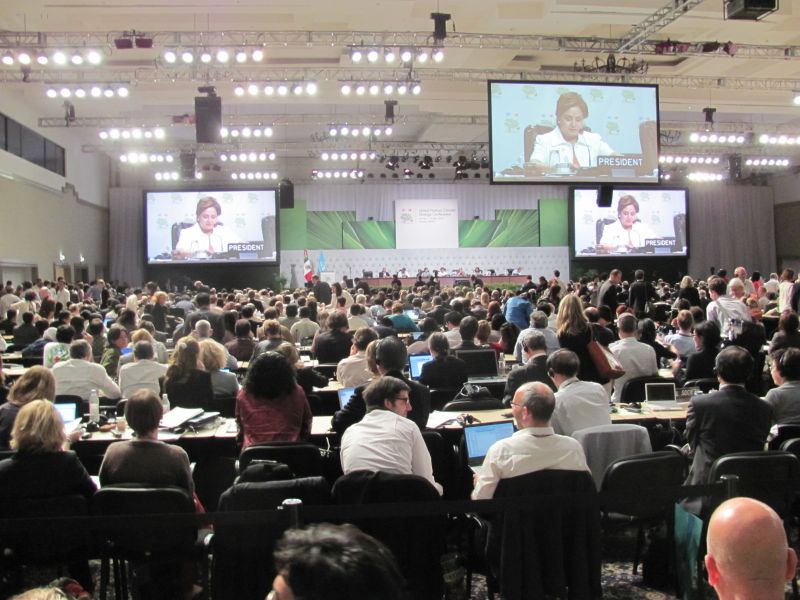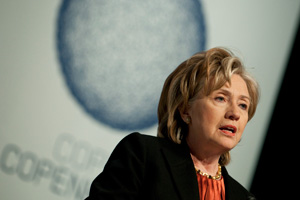The US embassy cables released by the whistleblower organization WikiLeaks have rattled diplomats across the globe, revealing an unvarnished look at US foreign policy on a number of issues, from Iran’s nuclear program to relations with China.
But what about climate change?
Just as the United Nations conference on greenhouse gas emissions wraps up in Cancun, new cables have been released that suggest the US may have strong-armed developing countries, such as the Maldives and Saudi Arabia, into signing last year’s climate change accord in Copenhagen. The memos also reveal an astonishing amount of pessimism on the part of some world leaders, such as European Union President Herman Van Rompuy, regarding the chances of success at Copenhagen and Cancun.
The WikiLeaks revelations have prompted charges of “bribery” and “secrecy” at the Cancun conference. To get a sense of how the cables may complicate the negotiations, guest host Sal Gentile spoke with Lisa Friedman, deputy editor of ClimateWire, an online energy publication that covers climate change issues. Friedman has written about the cables, and joined Need to Know by phone from Cancun, where she’s covering the UN conference.
This podcast was produced by Need to Know for the Climate Desk collaboration.















